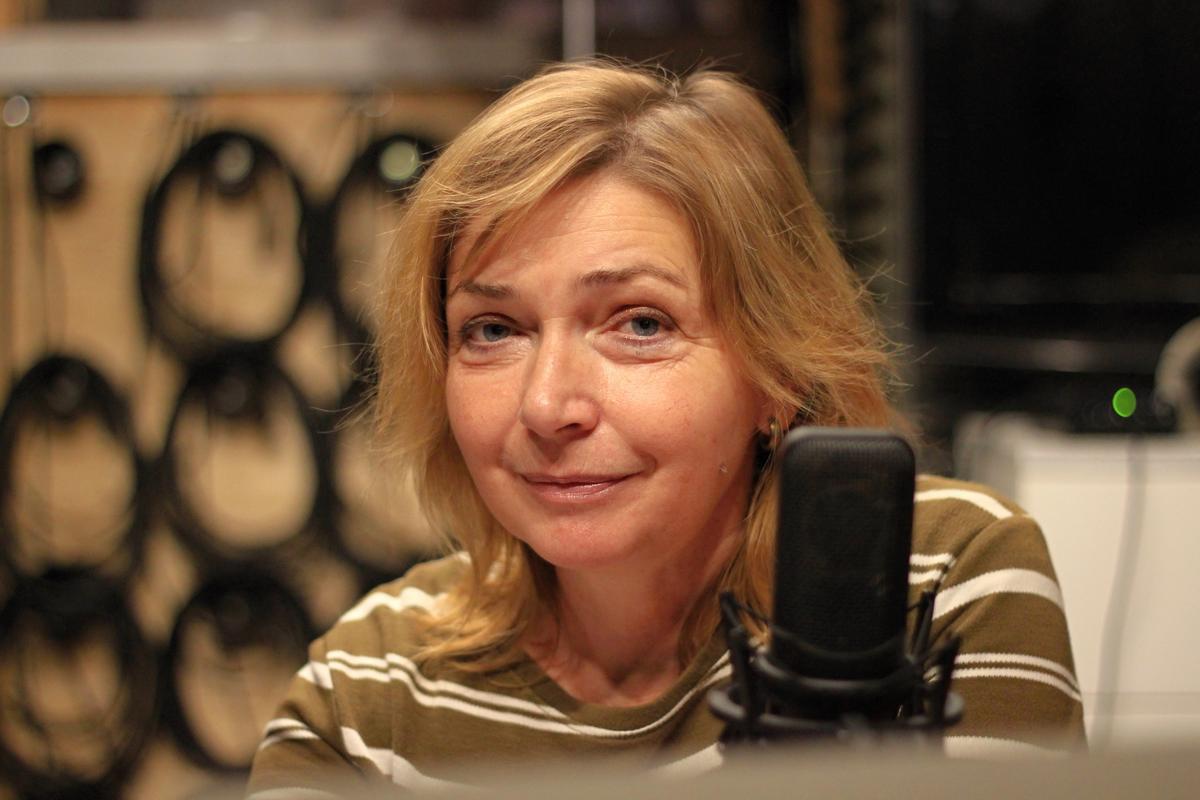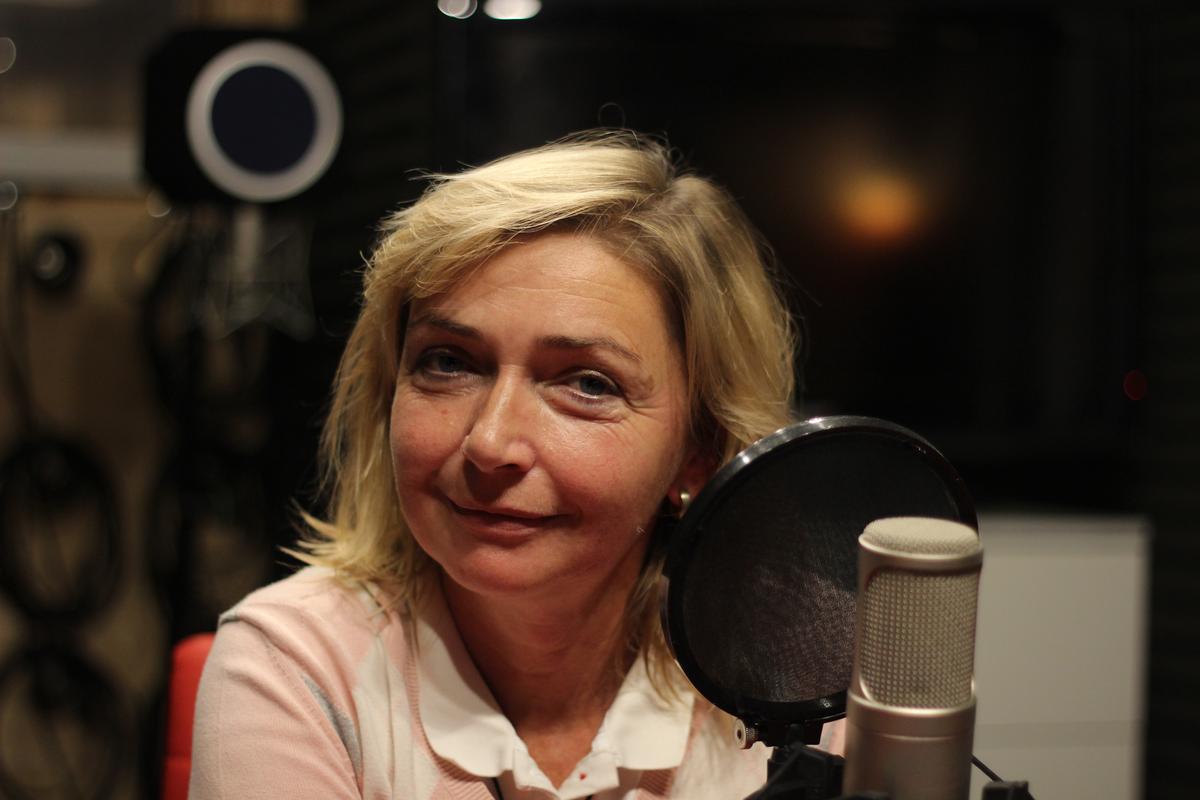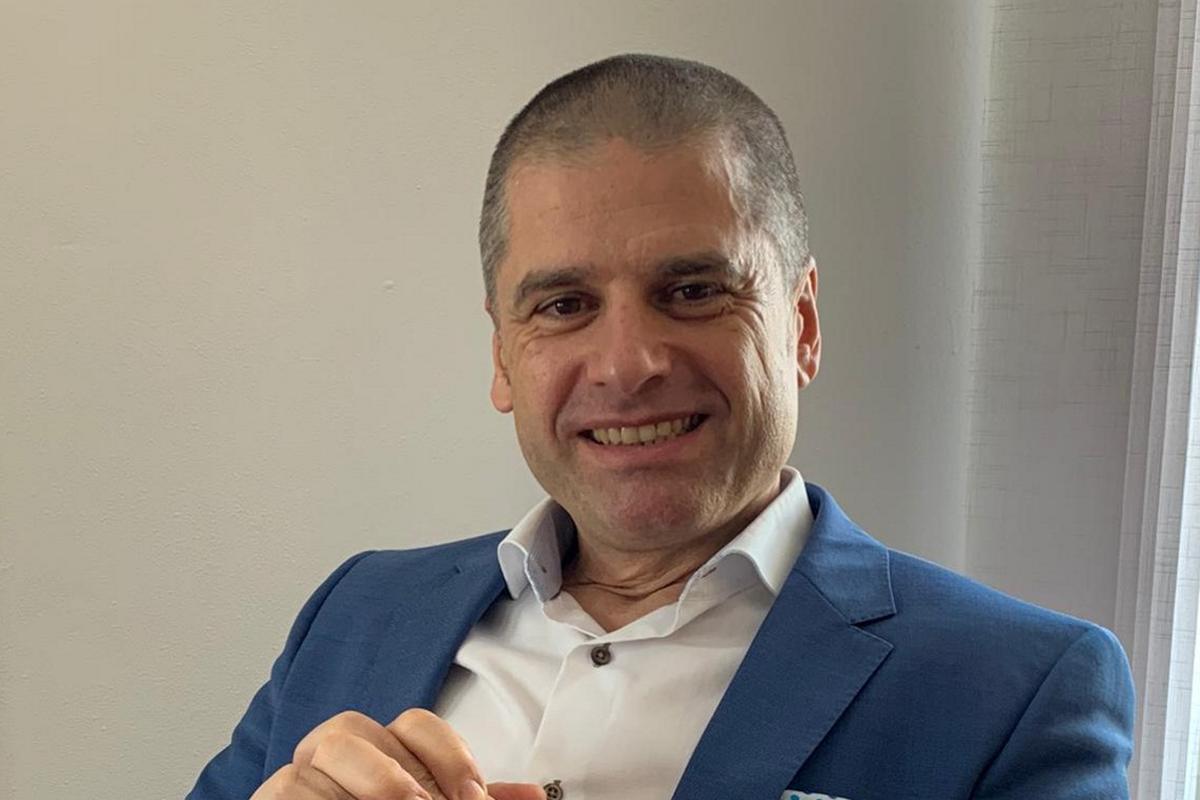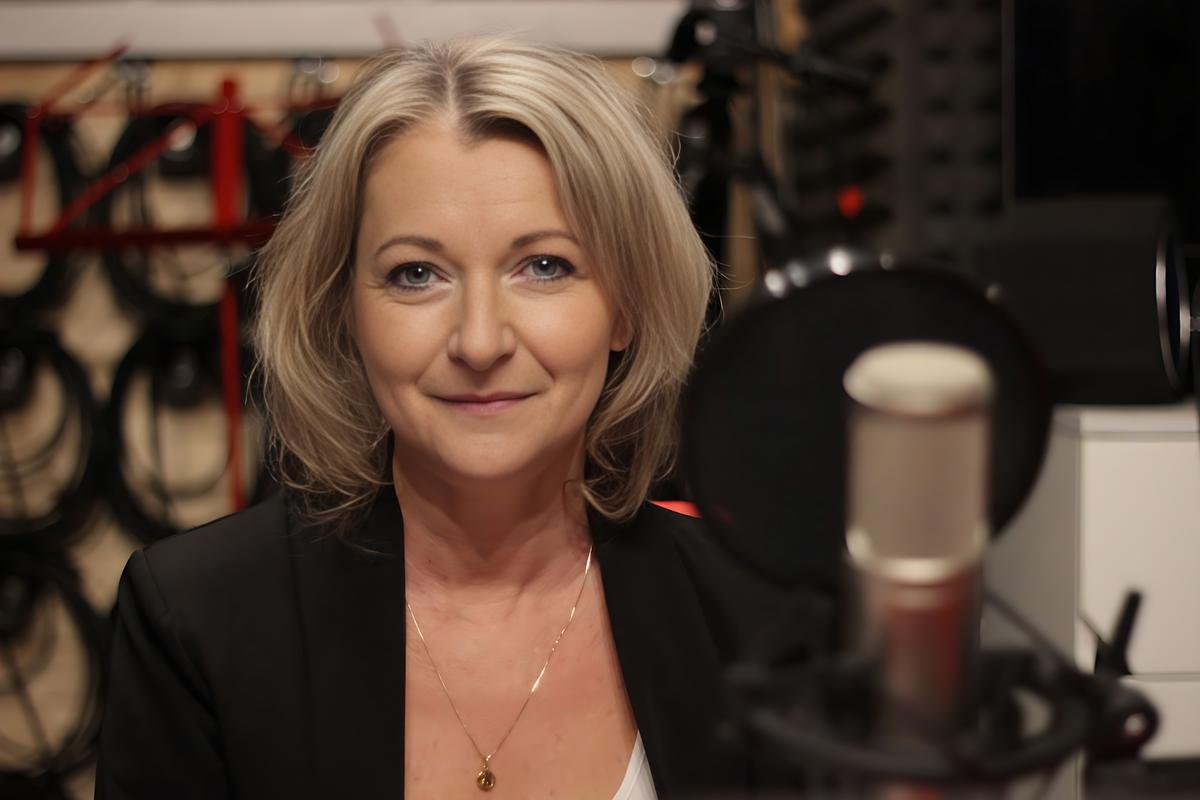You are the founder of dmc management consulting, an educational and consulting company that celebrates 20 years since its foundation in 2022. From the perspective of 2022, what were the main motives for the establishment of this company?
Jitka Tejnorová: From today’s point of view, it was definitely a desire to become independent and build a company that will have a reputation. Back in 2002, we compared ourselves to the consulting companies Big5 or McKinsey – these were our role models. We have built on our experience in human resource management and developed it over time, adding Training Within Industry (TWI) to the Toyota approach and lean manufacturing.
Who were your first clients and what services did they request?
Markéta Šimáková: The historically first and crucial client for the future of the company was TPCA in Kolín, where we had the opportunity to start the company from the ground up. At that time, there was a great hunger for outsourcing recruitment. Japanese culture and way of thinking, solving problems and approach to people has greatly influenced us in the future direction. We began to pass on this experience to other companies. We’re trying to show what makes Toyota so successful.
What kind of company was DMC in 2002, in 2012 and what is it like in 2022?
Jitka: The year 2002 was about building foundations, thanks to the investor (Dreyer s.r.o.) we had the opportunity to build a really solid foundation. We knew exactly what services and to what kind of customers we wanted and could offer. In 2012, it was just after the crisis, which confirmed the strength and quality of the foundations. At this time, we became a global partner of TWI Institute USA, we had a huge desire to pass on knowledge and experience from abroad, every year we brought a new method to our markets.
2022 is once again the year after the great – this time the covid crisis. The inability to work for customers in 2020 brought zero revenue from day to day. Almost immediately, we switched to an online way of communicating. What we teach our clients to be able to respond flexibly to changes, we have demonstrated in our own company.
The year 2022 has brought a challenging period due to the war in Ukraine, and we are active here too, helping our partners TWI Institute to rebuild the economy using a method that was developed specifically for times of crisis.
What are the main values/building blocks of the company from the perspective of you as a founder?
Markéta: The basis for us is relationships with clients. We have clients with whom we started and still work successfully with them. We enjoy the project for each client and it is always something interesting. We always strive to really help implement change and promote good results. We have many tools and products on offer, but the key is a human and pro-client approach and the ability to teach people how to use the tools they need.
Who uses your services?
Markéta: Anyone who needs to grow, improve, implement change. And also companies that want to build their success on people.
Can you name a few key points/milestones within DMC’s twenty years of activity?
Jitka: The first of the major milestones was the cooperation with Toyota (TPCA) in 2003. From Toyota we learned things that we didn’t know, and in no other company we had the opportunity to see, we understood “how Toyota does it”. Every new project has directed us. We started in recruitment outsourcing, when it turned out that quality assessment centers are not the standard, so we introduced them. When we have already selected suitable employees, it turned out that training that works well for salespeople and assistants does not work for production positions. That is why in 2004 we opened the first academy for masters. We called it the Education of Masters in bohemia and began to create a model of teaching interconnected with experiential pedagogy.
Another major milestone was the discovery of the TWI training methodology. In 2009, we partnered with the TWI Institute in the United States to establish a deeper collaboration. For those 20 years, we were still learning something and looking for new methods, but the “téwéíčko” brought a fundamental change in the fact that we began to devote more time to lean production. We went to Japan to be trained directly by Mr. Isao Kato, who worked for Toyota when toyota Production System started. Today we are part of the large global structure of the TWI Institute, we are able to implement these methods globally all over the world. At the moment, we are in charge of the whole of Central Europe.
I would also like to mention that with TWI we are helping to restore Ukraine and its production plants in this sense. In places where they already need each other and can return to normal a little, they do not have people. They need to replace up to 80% of the staff and also train them all for work they have never done before. We are collaborating on this project with TWI Institute USA and Lithuanian colleagues. We are reworking all materials into Ukrainian and we are trying to help adapt immigrants here in the Czech Republic.
Transnational sharing helps us a lot in everything. At the moment when one small company in the Czech Republic will be on its own, of course, we will hardly be able to do it. An example of this was the covid period. The structure of the TWI Institute globally helped eg. health professionals in training both volunteers and professionals to work with new ventilators. Unfortunately, there was no interest in this in our country, unlike in other countries.
Because today’s market provides great opportunities, another important point in the life of our company was the expansion of our activities to other countries such as Poland, Hungary, Serbia, now also to Montenegro. I don’t count Slovakia, we have been there since the beginning and I still consider it part of us.
If we go a little deeper, what other projects do you like to remember?
Jitka: I think that every project has moved us somewhere. Our advantage is that we do not stay on projects only for a specific assignment, but we try to find a comprehensive solution suitable for the client. We see when something is not going well and we adjust our service offerings based on that, so we actually learn a lot from our clients.
Markéta: For example, at a conference in 2010, we made contact with Bosch, and we started working with them in 2015, which is still going on today. We work together on different modules in different centers. What we enjoy about seeing the results is. Our style of work is not to train and leave. We love being part of our clients’ success.
Why do you think clients work with you, what is the main benefit and what characterizes DMC?
Markéta: It’s not even about projects, it’s mainly about relationships. We have clients that we really started with 20 years ago and we work together. All our projects are based on long-term good relationships and references. Part of our work is the implementation including evaluation. We can measure results, and that’s what keeps our clients loyal.
Jitka: We try to find the best solution together with the client. This is our basic characteristic. One client, who we have also been working with for 20 years, put it this way that we even dig underground to make the project successful for the client.
Markéta: We can teach clients most things, but they need our additional support to use the methodology correctly. And this is the difference between classic training and a classic consultant. We don’t tell clients that they’re doing something wrong. We say, well… there are some reserves that limit you in something and prevent you from achieving results. So we will help to introduce such a method, such a tool that will help. But to help, the company has to take various important steps. That is, who to involve, what support we need. Without top management, you simply can’t do it.
For a better idea of the readers, can you describe in which areas/fields you work most often?
Jitka: The key moment is that the client wants to develop in something. Change something. Our methods are applicable in almost all fields. Before we start implementing something, we need to get to know the area, understand it. We design a suitable tool and teach the client’s internal team to use the tool effectively. One of the first areas of our activity was the manufacturing sector, today we are successful in banking, retail and services. Our “production” methods and approach have been used by companies such as Albert, Rohlik and Penny.
Markéta. Until then, we had communicated with retail, but in some parts of their operation the pressure was not yet sufficient, so they did not feel the need to change the approach. For us, this means that the transformation to lean manufacturing and processes will only succeed when there is real pressure for change. Whether from the outside or the inside.
How should the company be interesting for the market in terms of generational renewal?
Markéta: In order to reach the new generation, we need to have a new generation in our team. This means that we primarily ask our people and try to listen. We began to deal with the topic of how to work with the new generation relatively in advance. Even before it was even extremely addressed in the market. We were one of the first to do conferences and workshops focused on working with millennials and later Generation Z. We have to learn to speak their language. That’s why we need to have young people in our team who will give us feedback and say that now we will have to do something different. And not just do it, but behave differently.
How do you view modern trends such as diversity management?
Markéta: Yes, that’s a concept, just like digitization, which everybody is dealing with now. We always try to wait a moment to see how long it will be just a modern matter, and to what extent it will really be a reality afterwards. I deliberately mention these two areas. Diversity management as such, in my opinion, is actually the ability of the company to respond to the needs of individuals. Companies that naturally stand on standard stable good foundations – that is, respect, teamwork, focus on people – diversity management does not solve at all. Whereas companies that have not traditionally stood on a solid foundation of human relationships and people’s involvement and respect, for them, of course, this topic is crucial. Unlike digitization, which is a fixed point that we will all have to go through. We are working on this not only with our clients, but also in our company, because it is something that will be necessary and permanent.
No one is infallible – what have you been wrong about during the company’s existence, what have you not guessed or simply failed? When did you feel like DMC, do you remember situations like that? And how did you deal with them?
Markéta: We are sick every time something goes wrong. Just when it doesn’t work out, even though you did what you could. It is worse if you know that you just did it wrong, that you should have gone at it differently, you should have either been more patient or milder, choosing another tool. And I remember every such project. Not only from the point of view of clients, but also in the area of operation of their own company. We experienced this especially during the time of covid, because the decrease in income from day to day was really very drastic. And the worst thing is helplessness when you know you can’t do anything at all to reverse it. At every such moment, we try to find a solution and a lesson. For us, the solution was a quick transition to the online environment and the involvement of our people. The important thing is to remember mistakes, make changes and not repeat them.
What path will DMC take now in the field of corporate education and consulting?
Jitka: Now we often work with companies from the manufacturing and non-production spheres to solve the future strategy, they are all undergoing big changes and the biggest impact is of course on people. How they feel in the company, how they perceive, what the company provides them at this time. All companies currently have in their strategy to improve the corporate culture, stabilize key people and improve relationships… The reason for this is the lack of quality people on the labor market. At present, companies are trying to work people well, motivate them, and most importantly to keep them, the approach and thinking of top management is changing. It’s no longer just about the amount of products produced, but what we’re actually going to do with people to stay with us, to keep them happy, to develop them, to be able to replace us. Even the topic of succession is something that has been more of a talking point for 15 years.
Markéta: The topic of succession is closely related to the young generation. It will also be the topic of our conference on 20 years of DMC. We have one very interesting company that recruits young people, while not producing any “sexy” product, but needs to somehow get them into the company and keep them. Today, it’s not even about money, it’s about values, about the time they want to spend at work, and even about what they’re wearing. Corporate culture has also been talked about for 20 years, but no one can actually define what a healthy culture should look like, which is why we are now helping companies with that.
Jitka: Companies achieve results through people. We must therefore involve them in change. And it will not be other than that the management will support them, coach them well and give them space and resources. That’s a big future topic for me.
When do you think companies will start to realize on a more global scale that they need to work better with the younger generation and start doing something in real life?
Jitka: I guess there will be a crisis again. Maybe these crises help us a little bit in that we start doing things differently. It is actually the basis of transformation. As long as you don’t have a crisis and ride the wave, you have no reason to change anything.
Markéta: Companies are always hiring people who fit into certain drawers. And I say, take those that you feel have potential. They don’t have to know almost anything at all that you’ll specifically need. But they will bring something new to your environment and you have to be able to teach them the rest. It’s simply a change of mindset, which is obviously difficult and we are trying to help with that.
What has technology brought to your business?
Markéta: Of course, we try to use new technologies, but pencil and paper are sometimes irreplaceable. In TWI trainings, we do not use a projector, no presentations, everything is trained interactively. However, clients themselves require digitization, so we adapt. We are not technology developers, but we are inspired a lot by our clients. We inspire them in how to do it, and they inspire us in what tools they will still need to make it as effective as possible. Technologically, two things have moved us the most. The first one was helped by the transition to the cloud, where we do not have to store and rewrite everything thousands of times. And the second thing was the jump to online, where we had to learn how to work with any online tool and set up a training studio.
What activities are you planning for 2022?
Jitka: We threw ourselves into a new visual identity, we rejuvenated the logo, it was a struggle, but in the end it worked. We have launched a new website. What will be the biggest event is the Back to the Future conference. The title of the conference corresponds to the fact that in order for all of us to look to the future, we first need to learn from the past. The conference is of course combined with a social evening, when we want to celebrate with our clients, suppliers and long-term partners.
Would you re-establish DMC in 2022?
Jitka: I have to say that today at my age I probably wouldn’t have the courage anymore. To go into such a project, you need to have a certain amount of courage, and age plays a big role in this. But if I was still 25, I’d do it again. At that time, we were excited, full of anticipation and relatively carefree. Today, we are already thinking about what will happen next with the company, how long we will last at full throttle. We are educating our successors, we have managed to successfully hand over the Slovak and Hungarian branches. We have built a company that is very successful and we want to continue to develop it and pass it on to our young, positive-minded generations. Our company is successful due to the fact that we always very actively face all challenges and we believe that the next generation will enjoy them as much as we do.






